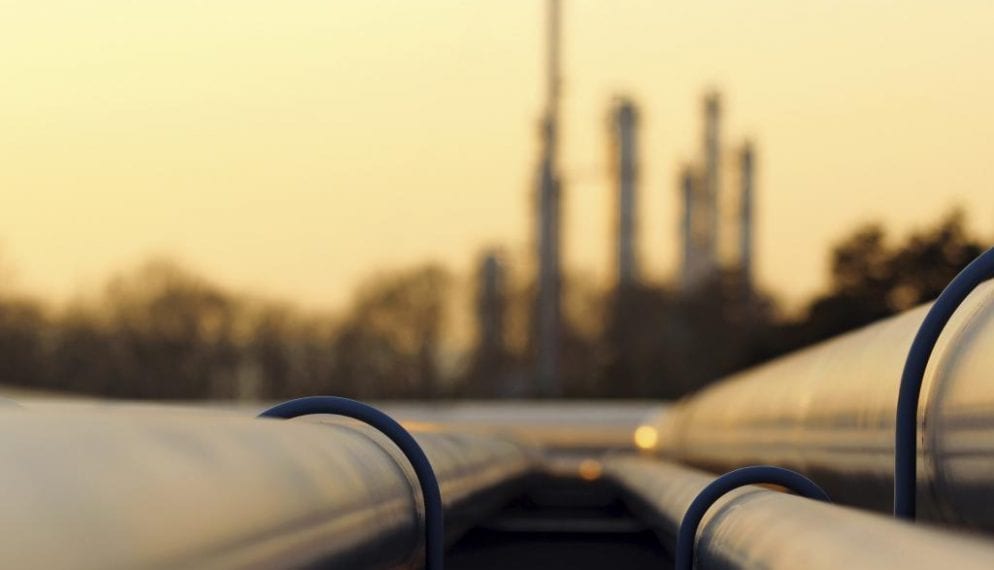
Is the EU abandoning the idea of gas diversification?
2016. 05. 10.
At the plenary of the European Parliament this week, MEPs debated how the North Stream II project would affect the Central and Eastern European (CEE) gas market. In addition to Gazprom, the project’s consortium includes five companies with European headquarters: E.ON, OMV, Shell, Wintershall and ENGIE. According to the plans, a new pipeline would be laid down next to the pipeline already in use at the bottom of the Baltic Sea, which would double the quantity of gas transported to Germany directly from Russia by 2019.
During the debate, representatives unanimously argued that the expansion of the North Stream pipeline does not mean diversification from the perspective of CEE countries and therefore does not improve the security of supplies.
In his address, EPP Group MEP András Gyürk pointed out that if the project would be realized, Russian gas would flow through CEE gas interconnectors, which were built with the aim of improved resource diversification. It is doubtful whether there would remain any capacity to transfer alternative gas. The Hungarian politician underlined, “It is expected that CEE countries will not benefit economically as the transfer through multiple countries could significantly increase the price of energy sources.”
The head of the Fidesz-KDNP delegation to the EP called upon the European Commission to strive for the realization of the goals of the Energy Union and to abide by EU regulations, foremost the so-called Third Energy Package.
András Gyürk is rapporteur for the EU Strategy on Liquefied Natural Gas and Gas Storage. On this issue, he said that, if North Stream II is realized, it is important that other gas resources also be able to reach the region. For example, access to LNG terminals is an outstanding national interest of Hungary.